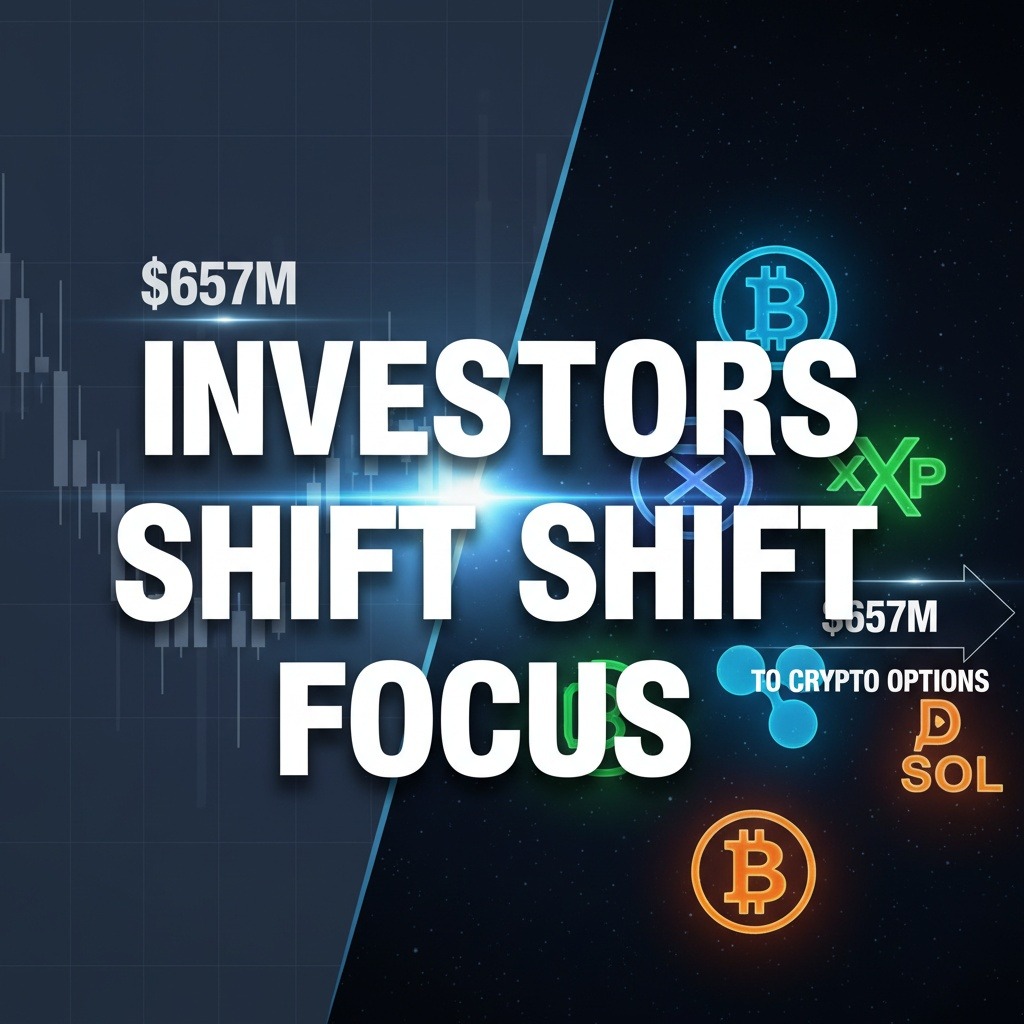In a significant pivot for the South Korean investment landscape, retail investors have withdrawn a record $657 million from Tesla stocks, marking the largest monthly outflow in over two years. This unprecedented move hints at a broader trend of reallocating funds from traditional equities to the burgeoning cryptocurrency market.
In August 2025, the exodus from Tesla did not stop with direct stock investments; leveraged financial products associated with the electric vehicle manufacturer also faced significant losses. One such vehicle, the TSLL ETF, saw an astonishing $554 million exit in the same month, the highest since early 2024. With this mass redirection of capital, retail investors, who had previously bolstered Tesla’s market value, are now expressing their diminishing confidence in the company’s prospects.
Despite the withdrawal of $657 million, South Korean investors still maintain a legacy investment in Tesla, holding approximately $21.9 billion in shares—still their largest foreign equity asset. This duality indicates enduring support but amplifies a burgeoning skepticism regarding Tesla’s operational direction and overall growth prospects.
So, what has led to this substantial withdrawal of investment?
Several factors, including unmet expectations and growing competition, seem to be fueling this transition away from Tesla. Investor sentiment has been notably impacted by a series of unfulfilled promises from CEO Elon Musk, particularly concerning the production timelines for new technologies and models. For instance, Musk’s commitment to releasing one million robotaxis by 2020 remains unrealized, and the much-anticipated Cybertruck recently began deliveries in late 2023—years behind schedule. The next-generation Roadster, initially slated for a 2020 launch, now faces a potential rollout in 2025.
Compounding these issues are declining sales figures. In Q2 2025, Tesla’s global deliveries fell by nearly 13% year-over-year, significantly down from 443,956 units in Q2 2024 to just 384,122 units. The situation proved even dire in Europe, where sales plummeted as much as 40% during July 2025. With their year-to-date sales dropping a staggering 34%, Tesla’s market share in the EV sector plummeted from 11% to 5%.
Furthermore, intense competition from both established and emerging automotive players has effectively chipped away at Tesla’s dominance. Chinese manufacturers such as BYD and Nio are gaining traction with their affordable and feature-rich EV offerings. For example, BYD’s July sales in China nearly tripled, reporting approximately 13,500 units, compared to Tesla’s mere 8,800. Similar growth was observed in XPeng and Nio, which reported year-on-year increases of 168.7% and 55.2% in deliveries, respectively.
Investor confidence is also shaken by Musk’s unpredictable leadership style, including his forays into political discourse, social media, and AI commitments that seem to detract from Tesla’s core mission. All these factors combined have led South Korean retail investors to look elsewhere for opportunities, particularly in the cryptocurrency sector.
As of September 2025, this shift is evident as a notable number of Korean retail investors transition their focus to Bitcoin and other digital assets. Notably, South Korea has become an attractive hub for cryptocurrency transactions, with exchanges like Upbit and Bithumb processing billions of dollars each day.
This pivot from traditional equities to cryptocurrencies signals a significant change in market dynamics, with implications not only for Korean investors but also for global market trends. With nearly one in five South Koreans now investing in digital assets—rising to over 25% among individuals aged 20-50—this move reflects a growing embrace of financial innovation on the part of a new generation of investors.



